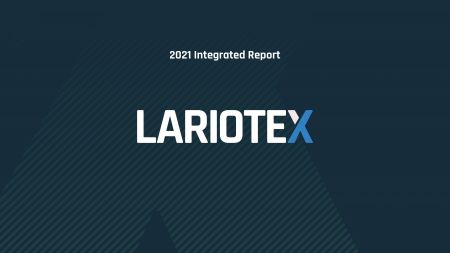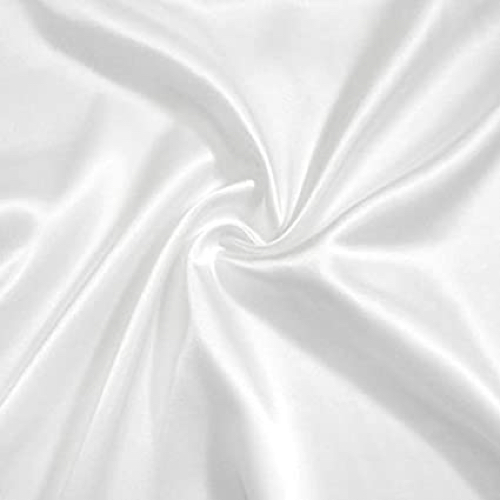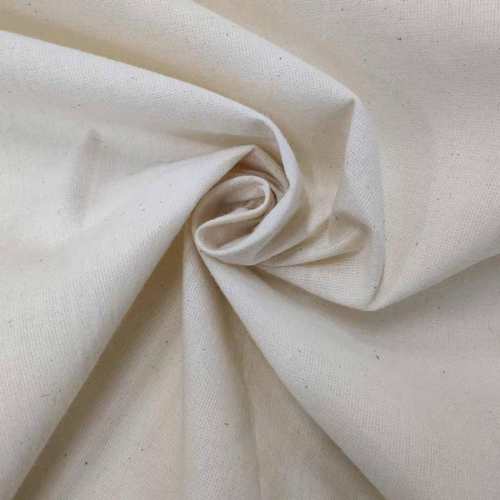
Letter to stakeholders
The publication of our first integrated report, anticipating the European regulatory framework, is intended to be a further step on the sustainability path we are following. Our effort is to make our action more transparent, aware of our role and our responsibilities, by addressing all those interlocutors who work and collaborate with Lariotex on a daily basis.
Letter to stakeholders
Benedict XVI, in his message for World Day of Peace 2010, wrote about the environment: “If in fact, because of human’s cruelty to one another, there are numerous threats to peace and genuine integral human development – wars, international and regional conflicts, terrorist acts and human rights violations – , no less worrying are the threats stemming from a lack of care – or even abuse – of the land and natural resources that God has bestowed.”
These times are such that we have to re-read these words and put them into context in the particular reality that we are experiencing and which presents us with images that deeply affect our consciences on a daily basis. Last year, here, we expressed a clear will: “We also want it be a daily commitment, spreading a message that can make us think and reflect about sustainable development and the future generations who we owe it to provide a better and different vision.” What perspective can war give to those who come and will come after us? We can, in our small way, continue on the path mapped out, focusing our action on choices that aim to ensure the continuity and sustainability of our environment, understood in a sense that includes people, the relationship between them and all the social and economic dimensions that our daily habitat comprises. These are the issues that we have identified as the cornerstone of sustainability, a concept that is present and future at the same time.
This year we are proposing an integrated report, which is a further step forward from the decision to publish the sustainability report as a separate document with reference to the previous financial year 2020. This choice is intended to bring forward the European regulatory framework provided for by the EU CSRD (Corporate Sustainability Reporting Directive), and to align Lariotex with best practices. But integrated reporting is essentially based on the knowledge that environmental and social aspects, including governance, are interlinked with economic and financial aspects, and that an enterprise’s valuation metrics should understand them.
Our effort is to make our action more transparent, aware of our role and our responsibilities, by addressing all those interlocutors who work and collaborate with Lariotex on a daily basis. The 2021 performance also includes environmental and social aspects. In this context, we would like to emphasise, in particular, our commitment to improving the performance rating of chemical management, which is a key area for our industry. We are also aware that sustainability has an important social component. Lariotex has a high level of inclusiveness regarding gender equality: almost 50% of our workforce is female, and, in particular, all heads of department are. In 2021, we also strengthened training for employees, in order to improve safety in the workplace.
As regards the economic and financial results, the financial statements for the year ended at 31 December 2021 closed with a net profit of €3,507,940. This result was achieved by allocating a tax amount of €1,313,834. The Notes to the Accounts provide information relating to the 2021 Financial Statements, including information concerning the financial position and the values relating to the financial resources that the company needed during the financial year, as well as their uses. The integrated report on operations contains information on operations performance.
Sustainability by choice
We have policies and areas of action that focus on managing chemical materials and marketing eco-friendly fabric lines to protect the end customer and minimise the environmental impacts associated with the processes of spinning, weaving and dyeing raw materials and textile fibres.

Our commitment:
Adoption of PRSL 4suptainability and MRSL ZDHC protocols to control and eliminate toxic and harmful substances in the textile sector.
Our commitment:
Adoption of policies that ensure gender equality and female leadership (heads of departments/business areas).
Our commitment:
Investment and economic development policies - business model. Policies to guarantee the working environment (health and safety at work and conditions guaranteeing the right to work).
Our commitment:
Adherence to PRSL 4suptainability and MRSL ZDHC protocols to eliminate toxic and harmful substances in the textile sector. Development and gradual expansion of the weight of eco-friendly collections (use of recycled and reconditioned fabrics and related certifications).
Our commitment:
Monitoring of greenhouse gas emissions by logistics service providers and their choice based on environmental criteria.
Our commitment:
Development and gradual expansion of the weight of eco-friendly collections and ensure sustainable forest management:
a) use of recycled and reconditioned fabrics and related certifications
b) Adherence to BCI better Cotton Initiative
c) Use of FSC paper/cardboard packaging to guarantee proper forest management and product traceability.
Materiality matrix
There is a substantial alignment between Lariotex and its stakeholders on priority topics, which are those linked to product and process innovation, health and safety at work and product safety.
Hover on material point to discover more details
Generation and distribution of value
Product quality, responsible customer relationships
Integrity and ethical conduct of the business
Products
Adherence to the 4sustainability® commitment, implementation framework and registered trademark, which guarantees the sustainability performance of the fashion supply chain.
We have taken initiatives to comply with the strict requirements of the framework and, in particular, the PRSL 4sustainability® protocol, (Product Restricted Substances List), in accordance with the main international standards and guidelines.

Adherence to the Chemical Management Protocol for the elimination of toxic and harmful substances in ZDHC (Zero Discharge of Hazardous Chemicals) production/Roadmap to Zero, by obtaining the ZDHC Foundational Certificate. Adherence to the ZDHC's MRSL (Manufacturing Restricted Substances List), which aims to eliminate toxic and harmful substances from the textile sector.
Chemical substances management policy
The policy for managing chemical substances is disseminated within the company, to be known and pursued at all levels including by setting up an in-house Chemical Management Team.
At the same time, we have put in place tools to disseminate sustainability issues to customers and suppliers – as they are directly related to the manufacturing cycle – as well as to reference associations, communities, and public institutions.

The fabrics in the ECO collection may originate from recycling/regeneration, certified according to sector standards or meet both the characteristics/conditions.
The certifications obtained from our fabrics
Supply chain
Supply chain selection, collaboration and management is central to our work.
Our supply chain qualification and monitoring system involves updating the mapping of suppliers in Platform 4s, software by Process Factory, dedicated to Chemical Management and managing related activities.
Results 2021:
of mapped suppliers achieved a “High Rating” with regard to chemical analysis of raw materials used in fabric making.
of suppliers were “Basic” with regard to the new “4s TRACE” initiative for the traceability of the materials used and post-process water analyses.
2021 initiatives:
NO BHT
Notice to customers that the cellophane purchased from the suppliers does not contain BHT (Butylated hydroxytoluene).
FSC certification
Replacement of plastic bags used for transporting and sending textile samples with FSC certified paper bags.
Restored pallets
Purchase of pallets coming from recovery activities (this concerns 608 pallets out of 1,830 purchased in the last quarter), a choice that Lariotex wants to maintain and extend for the future.
* concerns the last quarter of 2021
Logistics efficiency is crucial to ensure on-time delivery, but it is also one of the elements with the biggest environmentally impact.
tCO2e total emission - DHL transport activity
(Wtw Well-to-wheel)
After the energy sector, the transport sector is the sector most responsible for emitting CO2 into the atmosphere.
In 2021, we decided to rely on Jet Line, an actor in Larian region, for more than 60% of our transport. This enabled us to optimise our supply service:
- More shipping space available;
- Flexibility of urgent deliveries;
- Efficiency of the groupage service translates into lower environmental impacts, by grouping goods (also for different customers), so that they can travel by minimising the financial cost and maximising carrier payloads.
The remaining logistics are covered (35%) by DHL, one of the world's leading transport services companies with specific sustainability goals.
People
We provide a safe, inclusive work environment that values personal abilities and develops skills.
We want to share the path to sustainable development with our staff. We do this step by step, starting with our values.


























